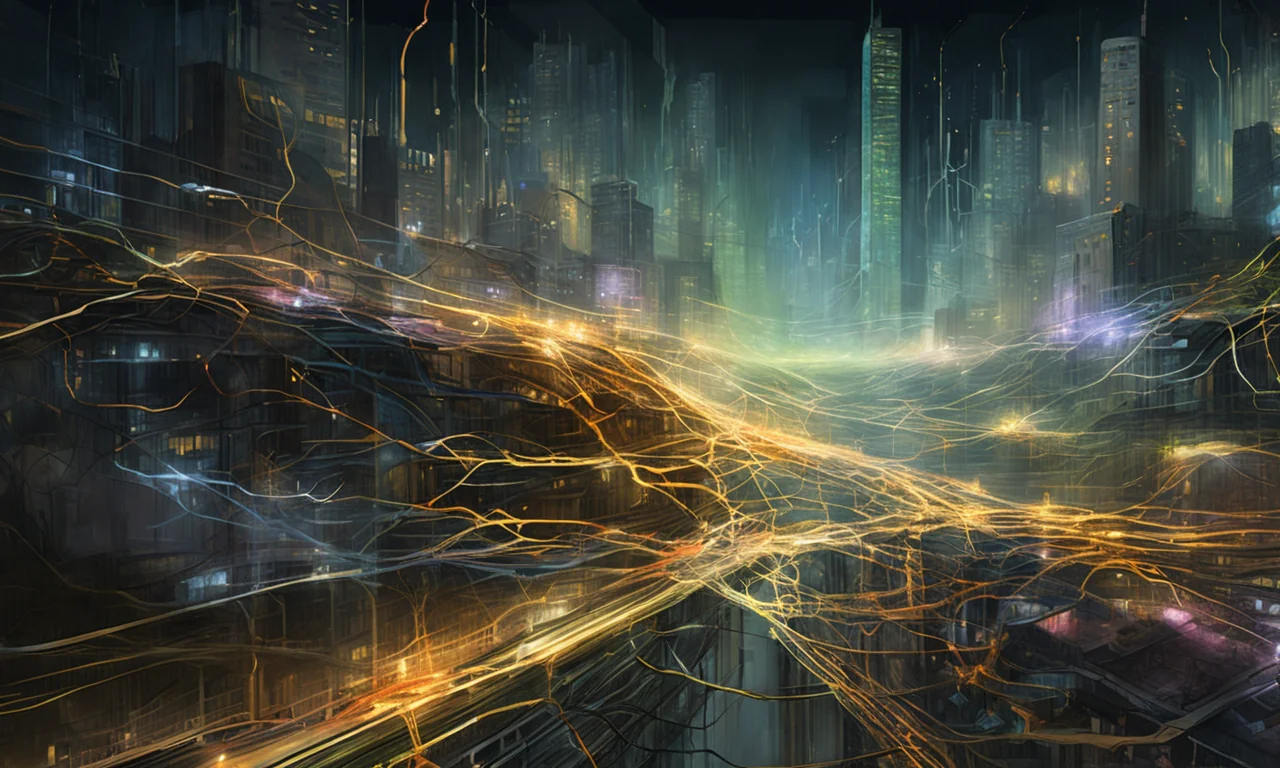
AI Drives Cultural Debate and Regulatory Shifts Across Industries
The collision of artificial intelligence with creativity and ethics is reshaping global technology and policy landscapes.
As artificial intelligence continues its rapid integration across industries and creative pursuits, today's Bluesky conversations reveal both excitement and apprehension about the expanding role of AI. From fierce debates over creative authenticity to the ethical demands of AI deployment in science, gaming, and global tech infrastructure, the Bluesky community captures a snapshot of the broader societal reckoning underway. Three dominant threads emerge: the collision of AI with creativity and culture, the push for responsible and ethical adoption, and the transformative reach of AI into specialized domains.
Creativity, Authenticity, and AI's Cultural Footprint
The creative sector's unease with AI-generated works is palpable, with platforms like Cartoon Movement raising concerns about the erosion of traditional artistry in the face of AI-made cartoons. This resistance echoes across various forms of media, as seen in the ANDIES sci-fi project, which experiments with AI in storytelling and production, and in the discussion surrounding AI music collectives like "the velvet sundown" and their polarizing reception.
"This looks wild, love seeing how AI and sci-fi are merging in creative ways, especially as an author into dystopian worlds!"- @andersedwards.bsky.social (0 points)
Beyond art and entertainment, the integration of AI into gaming is reshaping performance and strategy, with platforms such as Pintiu.com exploring AI-driven coaching and analytics in esports. The excitement is tempered by skepticism, as some users liken public distrust of AI to the stigmatization of other controversial technologies, hinting at a deeper societal ambivalence toward machine-made creativity.
"LMAO!"- @lilithtree67.bsky.social (0 points)
Ethical AI, Trust, and Regulatory Momentum
Conversations on Bluesky underscore the urgent demand for AI systems that are not only powerful but also trustworthy and fair. The release of Sony AI's Fair Human-Centric Image Benchmark reflects mounting pressure to address bias and consent in AI training data, aligning with regulatory currents from the EU and US. Meanwhile, the limitations of AI's judgment are exposed by findings that AI personas still struggle to reliably detect deception in humans, cautioning against overreliance on automated decision-making.
"A large-scale study tested whether AI personas can detect when humans are lying — and found that while AI can sometimes spot deception, it's still far from trustworthy."- @katherinestiles.org (7 points)
The geopolitical implications of AI policy are equally significant. China's new directive that state-funded data centers must use only domestic AI chips marks a decisive shift away from foreign technology, with sweeping consequences for global tech supply chains. The sense of foreboding in posts like "Scary." regarding data centers and AI infrastructure in politically charged regions amplifies anxieties about the societal and security risks of AI proliferation.
AI's Practical Expansion: From Plant Care to Integrative Medicine
The practical applications of AI are diversifying rapidly. Innovations like Chance AI's visual plant care tool showcase AI's utility in everyday life, translating complex visual data into actionable advice for users. Meanwhile, advances in the sciences, such as AI-driven acupuncture research and the resulting recommendations from leading professional societies, point to AI's potential to reshape evidence-based practice in integrative health.
As AI becomes increasingly embedded in both niche and mainstream contexts, the collective conversation on Bluesky reflects a landscape where innovation, skepticism, and ethical vigilance coexist—each shaping the trajectory of artificial intelligence as it moves from promise to impact.
Excellence through editorial scrutiny across all communities. - Tessa J. Grover